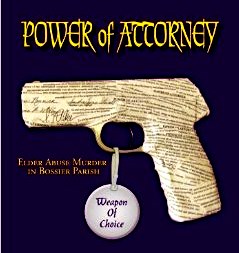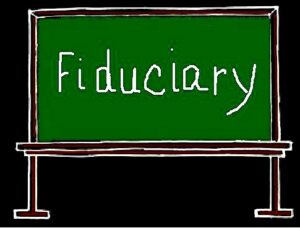The September 2011 enactment of the new Power of Attorney act implemented some real “teeth” into the jurisdiction of the court to get involved in this frequent area of elderly financial abuse.
I blogged earlier this week in Sommerville v Sommerville 2014 BCSC 1848, where the court dealt with two competing and concurrent Powers of Attorney between a surviving spouse and a daughter, together with a history of marital and family behavior and a marriage agreement.
The Court made some “creative” orders under s 37 of the Power of Attorney Act, such as the following terms of the order directing where pensions funds are to go and who is to pay for what :
1. The pension funds were to be deposited into a joint account of both attorneys;
2. The widow could continue to manage her husband’s finances and would be responsible for running the bank accounts and paying for his health expenses with the daughter being able to monitor the use of the account as a joint attorney;
3.The wife is to give priority to her husband’s personal health care expenses and may use his personal and health care expenses in her discretion and for her own expenses ;
4.While the widow lives in the matrimonial home she may use the deceased’s investment Inc. and expenses associated with the ownership of the home such as property taxes insurance utilities repairs and maintenance. Otherwise the wife may not use his investment income for any purpose other than to supplement his personal and health care expenses should that become necessary.
THE POWER OF ATTORNEY ACT
Court directions and orders
36 (1) On application by an attorney, the court may
(a) give directions respecting the scope of an attorney’s powers and duties, and
(b) make an order directing a person to release information to the attorney for the purpose of allowing the attorney to exercise the attorney’s authority under this Act.
(2) On application by a person, the court may make an order that another person release information to the applicant if the court considers that the information is necessary to determine the incapability of an adult who is making, or who has made, an enduring power of attorney.
(3) On application by the Public Guardian and Trustee or an attorney, the court may make an order that an enduring power of attorney is valid despite a defect in the signing of the enduring power of attorney.
(4) On application by the Public Guardian and Trustee, the court may make any order that the court considers necessary to assist the Public Guardian and Trustee in carrying out the Public Guardian and Trustee’s duties and powers under this Act, including an order directing a person to release information to the Public Guardian and Trustee for the purposes of an investigation.
(5) On application by the Public Guardian and Trustee or a person who made a report to the Public Guardian and Trustee under section 34, the court may make any order that the court considers necessary, including an order
(a) to confirm a change to, or the revocation of, an enduring power of attorney,
(b) to terminate all or part of an enduring power of attorney, or
(c) that, if the application concerns a matter described in section 34 (2) (a) or (b),
(i) the enduring power of attorney and all actions done under it are void, or
(ii) the enduring power of attorney is terminated, but any action done under it before it was terminated is not void.
(6) When making an order under subsection (5), the court must consider the wishes, instructions, beliefs and values of the adult who made the enduring power of attorney, and must not make a contrary order unless
(a) the adult is incapable, and
(b) the order is in the best interests of the adult.
(7) The costs of an application to the court are at the discretion of the court, and the court may order that all or part of those costs be paid from the property of the adult who made the enduring power of attorney.





